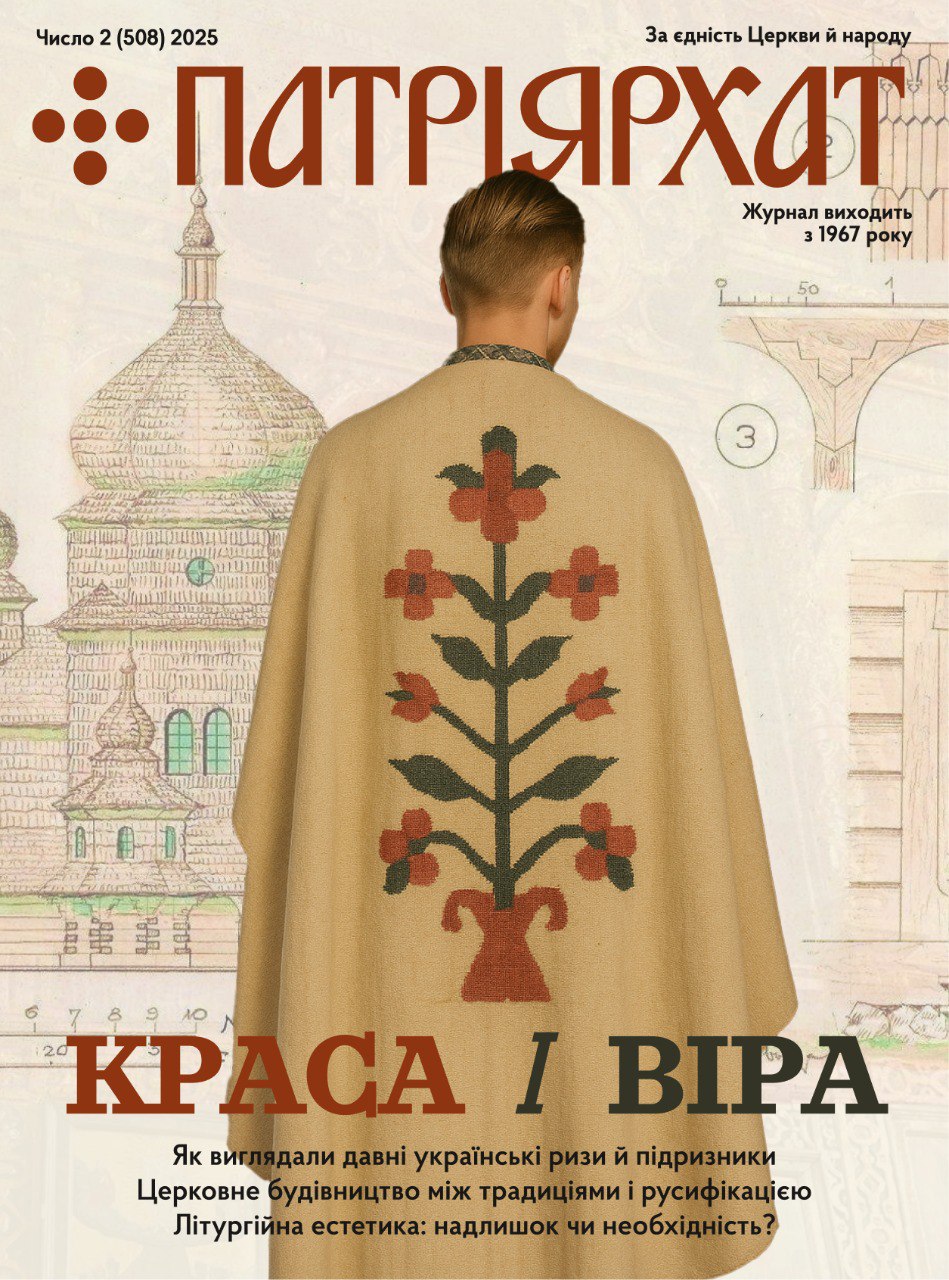From June 23 to 28, 1975, theological conversations between representatives of the Roman Catholic Church and the Russian Orthodox Church were held at the Centro Bernardo Clesio in Trento, Italy. The general theme of the discussion was «The Christian proclamation of salvation in a changing world». This meeting was the fourth in a series of conversations which began in Leningrad in 1967 and continued in Bari (Italy) in 1970 and Zagorsk (USSR) in 1973.
List of participants:
Catholic delegation:
H.E. Msgr. Roger Etchegary, archbishop of Marseille (France), President of the Council of Episcopal Conferences of Europe. Head of the delegation.
Rev. Msgr. Charles Moeller, Secretary of the Secretariat for Promoting Christian Unity, Vatican City. Rev. Louis Bouyer, of the Oratory; professor of dogmatic theology, Paris (France).
Rev. Maurice Queguiner, m.e.f., former Superior General of the Society for Foreign Missions in Paris. Rev. Jose Salguero, O.P., dean of the faculty of theology at the Pontifical University St. Thomas Aquinas (Angelicum), Rome (Italy).
Rev. Robert Faricy, S.J., professor of theology at the Pontifical Gregorian University, Rome (Italy).
Rev. John Long, S.J., staff-member of the Secretariat for Promoting Christian Unity, Vatican City.
Russian Orthodox delegation:
His Eminence Msgr. Nikodim, Metropolitan of Leningrad and Novgorod, Patriarchal Exarch of Western Europe. Head of the delegation.
Excellency Msgr. MichaiI, Bishop of Astrakhan and Enotaev.
Archimandrite Kyrill, Rector of the Theological Academy of Leningrad.
Archpriest Vasili Stoikov, Dean and Secretary of the academical council of the Theological Academy of Leningrad.
Rev. Fr. Lev, Metropolitan Nikodim’s secretary.
Prof. Alexei Ilitch Ossipov, professor at the Theological Academy of Moscow.
His Eminence, John Cardinal Willebrands, President of the Secretariat for Promoting Christian Unity, was a special guest during the last two days of the conversations. The Archbishop of Trent, His Excellency Alessandro Maria Gottardi, opened the proceedings with an address of welcome on behalf of his archdiocese, and assisted at the opening and closing sessions of the conversations.
The participants in the conversations first addressed themselves to examining the concrete situation in which the Church finds itself in today’s world. Discussions were based on information given in reports on the Synod of Bishops of the Roman Catholic Church (1974), whose theme was evangelization, and on recent pastoral activities of the Russian Orthodox Church on both national and international levels.
Within this context, attention was given to pastoral problems connected with the presentation of the Christian message, through preaching, the liturgy and other forms, in a way that this message is understandable to modern people, as well as to those problems connected with the new relations developing between Christians of differing confessions and between Christians and other religions and ideologies.
There was a general discussion on the mutual relations between the church on the local level and the universal church, as well as on the differences of opinion which exist concerning church authority and its expressions on different levels of Church life. It was recognized that there are both doctrinal and canonical aspects of this problem, which, if they are connected in some way, must also be clearly distinguished. One particular aspect of this theme which needs further development is the proclamation of the unique message of the Gospel adapted to different cultures.
In discussing ministry in the Church, both delegations reaffirmed the traditional teaching of their Churches concerning the conferring of the sacrament of the priesthood only on men. However, as a result of the many dialogues which are taking place concerning the ministry in the Church, it is clear that serious study should be made by Catholics and Orthodox together on the question of the role of women in the Church and of the reasons why their service does not always receive sufficient expression.
It was felt that the teaching of the two Churches concerning the Blessed Virgin Mary and the veneration of the Mother of God provide us with additional help towards arriving at a deeper understanding of this question.
An important element in the discussions was a wide-ranging consideration of the understanding which exist in the two traditions concerning the meaning of the Incarnation of the Son of God for the Christian proclamation of salvation today. A series of studies were presented concerning the notions of salvation and liberation as found in the Holy Scriptures, in the teachings of the early Church and in the reflections of various modern theologians. The Church proclaims the Christian message of salvation and liberation. It is salvation — liberation which begins in this world but finds its full realization only in the world to come. It is in the light of this that, in today’s world the Church realizes her service for justice, for peace and for liberation from evil, both personal and collective, striving to do this in cooperation with all people of good will, believers and non believers.
During their stay in Trento, the participants in the conversations were the guests of the Archbishop of Trento, Msgr. Gottardi, and of the Catholic Church of Trento. They received many concrete expressions of the great hospitality of the priests, religious and people of Trento, especially during their visits to various institutions of the city and the archdiocese. Through these visits they were able to appreciate the wide variety of apostolic activities found in this local Church.
On June 26, feast of St. Vigilius, disciple of St. Ambrose of Milan, bishop of Trent and martyr, both delegations assisted at a Solemn Pontifical Mass in the Cathedral, presided over by His Eminence, Cardinal Willebrands, who preached the homily. At the beginning of the celebration, Archbishop Gottardi presented the delegations to the congregation and His Eminence, Metropolitan Nikodim, addressed it at the end.

